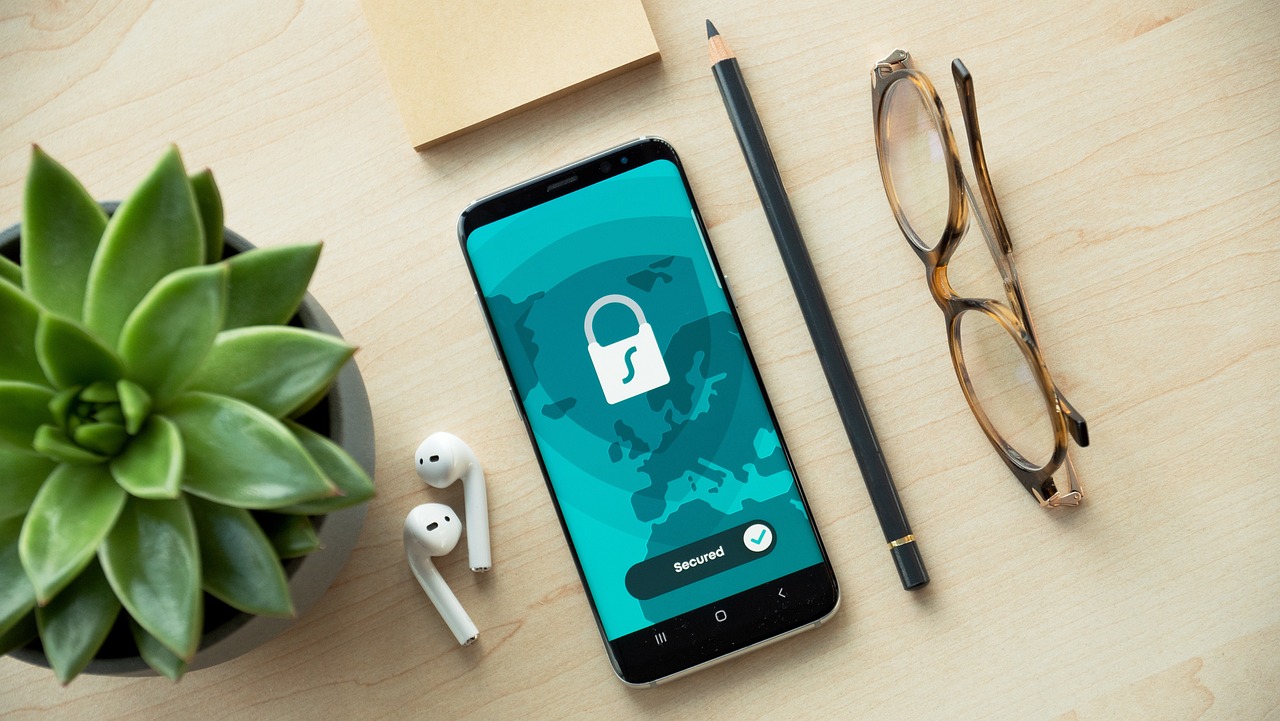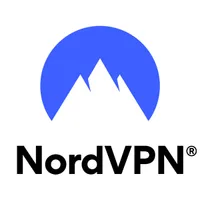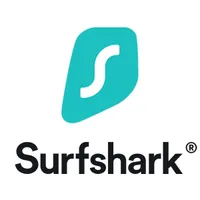I'm a VPN expert — these are the top three VPN services I recommend
VPN demand has surged thanks to online restrictions. These are your best options, at a range of price points

Here at Tom’s Guide our expert editors are committed to bringing you the best news, reviews and guides to help you stay informed and ahead of the curve!
You are now subscribed
Your newsletter sign-up was successful
Want to add more newsletters?

Daily (Mon-Sun)
Tom's Guide Daily
Sign up to get the latest updates on all of your favorite content! From cutting-edge tech news and the hottest streaming buzz to unbeatable deals on the best products and in-depth reviews, we’ve got you covered.

Weekly on Thursday
Tom's AI Guide
Be AI savvy with your weekly newsletter summing up all the biggest AI news you need to know. Plus, analysis from our AI editor and tips on how to use the latest AI tools!

Weekly on Friday
Tom's iGuide
Unlock the vast world of Apple news straight to your inbox. With coverage on everything from exciting product launches to essential software updates, this is your go-to source for the latest updates on all the best Apple content.

Weekly on Monday
Tom's Streaming Guide
Our weekly newsletter is expertly crafted to immerse you in the world of streaming. Stay updated on the latest releases and our top recommendations across your favorite streaming platforms.
Join the club
Get full access to premium articles, exclusive features and a growing list of member rewards.
VPNs are absolutely booming right now. Age verification laws are being passed in the UK and US, while censorship is at an all-time high – VPNs are the talk of the town.
The thing is, there's a huge amount of substandard VPNs out there. I've tested plenty of them. What's even more worrying is that some of the worst offenders often sit above legitimate options in the App Store.
Along with eating at McDonald's in every country I visit, it's pretty much my life's goal to give as many people good online privacy advice as I can. It's what I do all day, every day.
So, with demand for the best VPNs surging, I thought it would be the perfect time to distil all my know-how into a quick ready reckoner covering which VPNs are worth spending your hard-earned money on.
Plus, there are a couple of very tempting VPN deals you might not want to miss out on.
1. NordVPN: the best VPN overall
You've heard of it. NordVPN is the most well-known VPN around, and according to my in-depth testing, I consider it the best as well. It's not too technical to use, but it also includes some useful security features like Double VPN and VPN obfuscation.
If you're new to VPNs, it's a great starting point, although Surfshark and ExpressVPN are simpler alternatives. It's also one of the best VPNs for streaming, has had its privacy policies independently audited and is very reliable, whether you're on Wi-Fi or out and about using your data.
Premium features include malware protection with Threat Protection Pro, encrypted cloud storage, and the NordProtect identity protection package.
Thanks to its mixture of features and performance, NordVPN is our #1 VPN choice. It has apps for a huge range of devices and protects your data with rock-solid privacy and security.
What you'll get...
🚀 900+ Mbps speeds
🔑 Post-quantum encryption support
🔒 Verified no-logs policy
📱 Protection for 10 devices
✨ A host of extra features
A two-year NordVPN plan starts at $3.09 per month ($83.43 up front pre-tax). You'll also get 3 extra free months and a 30-day money-back guarantee.
2. Surfshark: the best cheap VPN
Surfshark doesn't like to be described as such, but it's essentially NordVPN Lite. It's owned by the same parent company, it's more targeted towards beginners, it isn't quite as configurable and costs considerably less. Thanks to this, I rate it as the best cheap VPN.
However, it's certainly not underpowered, and actually includes some unique features not available from any other VPN.
A standout feature is Alternative ID, which allows you to make fake "personas," including disposable spoof email addresses that allow you to sign up to newsletters for discounts and then delete the inbox.
Surfshark: the best cheap VPN + 7-DAY FREE TRIAL
Not only is Surfshark a powerful, cheap VPN, it's one of the only premium providers to offer a true free trial on all platforms.
What you'll get...
🚀 Super fast speeds
📺 Effective streaming unblocking
📱 Unlimited device protection
✨ Unique features inc. Alt ID
📅 7-day free trial
A two-year Surfshark deal starts at $1.99 per month ($53.73 up front). There's 3 extra free months and a 30-day money-back guarantee.
The free trial requires your payment information. But cancelling before your seven days are up means you won't have to pay a thing.
3. ExpressVPN: the best VPN for ease-of-use
Thanks to its UI and range of simple apps, ExpressVPN is s great choice for VPN beginners. There's technical settings for those who want it, but if you're after simplicity then ExpressVPN could be for you.
Following a pricing and plan overhaul, ExpressVPN is more affordable than it used to be – and has three tiers of plan to choose from.
If extra features aren't your thing, its entry-level plan will be for you. But if you want it, ExpressVPN now gives you the option to subscribe to a complete privacy suite. Extra features include cyber insurance to protect you from scams, a password manager, malware and phishing protection, personal data removal and more.
ExpressVPN: the most easy-to-use VPN
ExpressVPN is really easy-to-use. You can't go wrong with its giant on/off button and it has some of the best mobile apps out there.
What you'll get...
🌍 A server in every US state
🔑 Post-quantum encryption
📃 Verified no-logs policy
✨ A load of premium extra features
💵 Three tiers of plan to suit any need
A two-year year deal starts at $3.49 per month ($97.72 up front pre-tax). You'll also get 3 extra months of protection for free and a 30-day money-back guarantee.
What's the point of using a VPN?
VPNs are primarily designed to help you improve your online privacy. This is done by encrypting your data so your internet provider can't see what you're doing. They also send your traffic through an intermediary server that makes sure your internet provider can't see what website you're visiting, and hides your real IP address from that website.
You can also choose to connect to servers located all around the world. This allows you to see different regional pricing, access streaming content that's exclusive to another country and avoid censorship and internet restrictions in your own country.
Of course, VPNs aren't a silver bullet. Accessing illegal content with a VPN is still illegal. What's more, although a VPN can hide your real IP address from websites and mask what you're doing from your internet provider, there are still many ways you can compromise your privacy.
For example, if you want to avoid targeted ads, VPNs can help, but you still need to make conscious decisions about staying private. For instance, if you're using a VPN and log into your Facebook account, and then start searching for running shoes, websites with tracking cookies can link this activity to your social media accounts.
With the continued introduction of age verification laws, most recent seen in Arizona, we expect VPN popularity to remain high. This could lead to increased attacks on the privacy tools, such as attempts to ban VPNs in Michigan.
A VPN Day of Action occurred on September 25, 2025, where privacy advocates called on governments to "leave VPNs alone."
Although they're not flawless, VPNs are the perfect starting place for improving your online privacy – they're not illegal and they're not tools to be attacked.
We test and review VPN services in the context of legal recreational uses. For example: 1. Accessing a service from another country (subject to the terms and conditions of that service). 2. Protecting your online security and strengthening your online privacy when abroad. We do not support or condone the illegal or malicious use of VPN services. Consuming pirated content that is paid-for is neither endorsed nor approved by Future Publishing.

Mo has been rigorously testing, reviewing, and analyzing VPN services at Tom’s Guide for more than five years. He heads up the three-person Tom's Guide VPN team, and is passionate about accessibility: he believes that online privacy should be an option that’s available to everyone. NordVPN and ExpressVPN are the products he uses most on a daily basis, but he experiments weekly with all the top services, evaluating their privacy features, connection speeds across various protocols, and server reliability – among other things – so that he can make confident VPN recommendations that are backed by data. To see his latest advice, head over to Tom’s Guide’s best VPN and best free VPN guides.
You must confirm your public display name before commenting
Please logout and then login again, you will then be prompted to enter your display name.
 Club Benefits
Club Benefits













